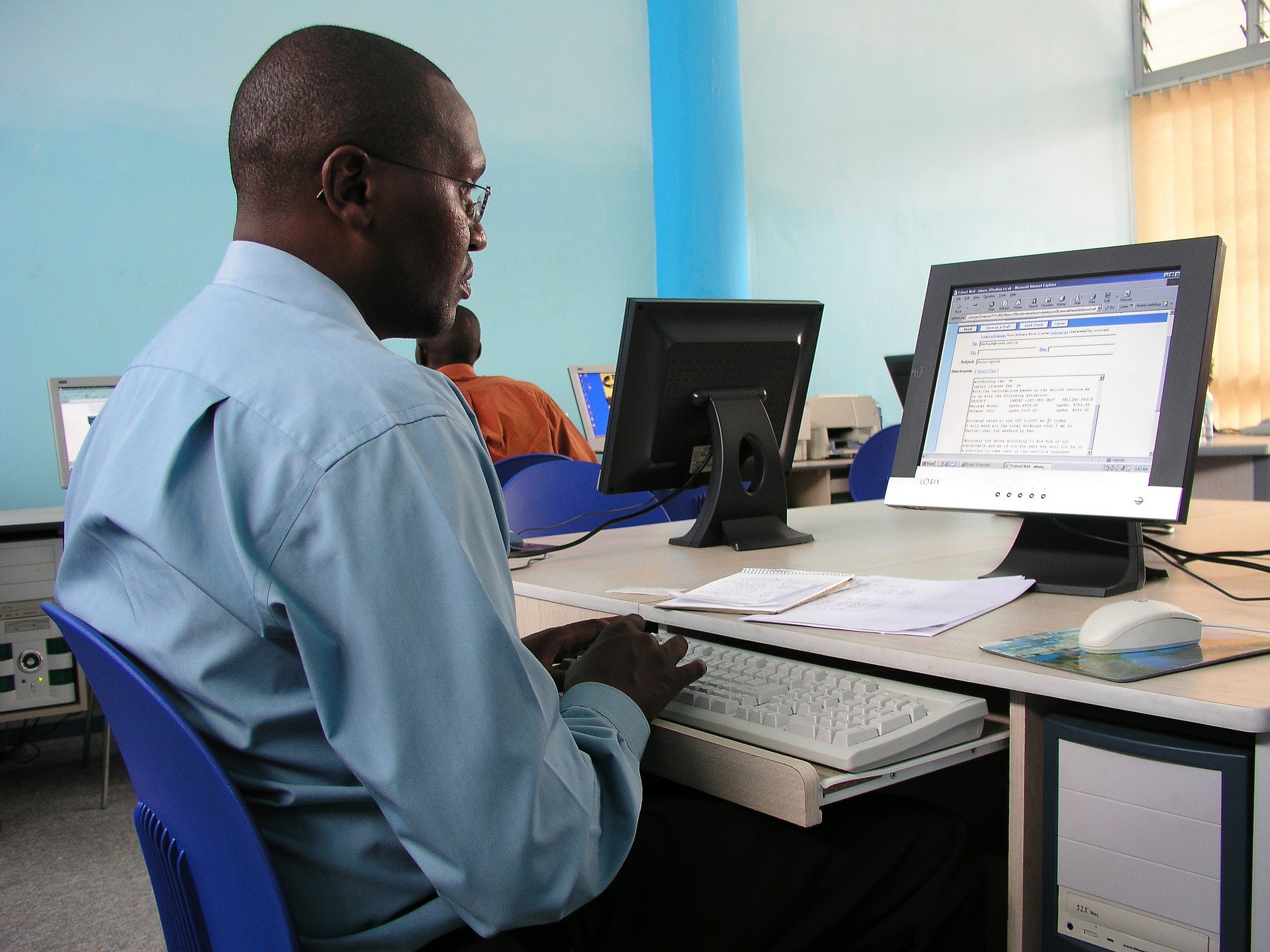
In Mozambique in 2003, it took an entrepreneur 168 days to start a business. Today, it takes only 19 days. That kind of transformation has major implications for ambitious men and women who are seeking to make a mark in business, or, as is often the case in Africa, seeking to move beyond a life in agriculture. In economies with sensible, streamlined regulations, all it takes is a good idea, and a couple of weeks, and an entrepreneur is in business.
This week, the World Bank Group launched its annual Doing Business 2016 report, which benchmarks countries based on their progress undertaking business reforms that make it easier for local businesses to start up and operate.
For the second straight year, Singapore topped the list, with New Zealand, Denmark, the Republic of Korea, and Hong Kong SAR, China, coming in closely behind.
In the developing world, standouts included Kenya and Costa Rica, both of which rose 21 positions; Mauritius, Sub-Saharan Africa’s top-ranked economy; Kazakhstan, which moved up 12 places to rank 41st among all countries; and Bhutan, which topped South Asia’s list of reformers. In the Middle East and North Africa, 11 of the region’s 20 economies achieved 21 reforms despite the challenges caused by a number of civil and interstate conflicts.
The reforms tracked by Doing Business are implemented by governments, but the results show up most in the private sector, which is critical to driving a country’s competitiveness and to creating jobs. Ensuring an enabling environment in which the private sector can operate effectively is an important marker of how well an economy is positioned to compete globally.
For those of us working with governments to help improve their investment climates – and to create a policy environment in which business regulatory costs are reasonable, access to finance is open, technology is shared, and trade flows within and across borders – the real work begins long before the Doing Business rankings are published.
In the World Bank Group’s Trade and Competitiveness Global Practice (T&C), our mandate is to work with developing countries to unleash the power of their private sector for growth. Much of this work involves reforms in the very areas measured in the Doing Business report: starting a business, dealing with construction formalities, or trading across borders, among other factors.
Our experience working with clients confirms one of this year’s key findings: Regulatory efficiency and quality go hand-in-hand. A good investment climate requires well-designed regulations that protect property rights and facilitate business operations while safeguarding other people’s rights as well as their health, their safety and the environment.
With our support, Colombia since 2007 implemented 27 reforms measured by Doing Business, including introducing a risk-based approach to construction permits to ensure efficiency without compromising safety. Often, reorganizing or creating new institutions is necessary.
With support from the WBG, Cote d’Ivoire reduced the time required to resolve commercial disputes by eight months, to less than a year and a half, by creating a specialized commercial court.
With the financial support of our donor-funded Facility for Investment Climate Advisory Services (FIAS), T&C is working with the revenue service of Georgia to modernize the country’s trade logistics system by streamlining customs procedures, saving time and boosting cross-border trade. Georgia is ranked 24 out of 189 countries in Doing Business.
In Jamaica, we are supporting a broad approach to strengthening competitiveness, which, in addition to improving business regulations, also includes improving the capabilities of small and medium-sized enterprises (SMEs); facilitating access to finance; and enhancing competition.
Several of our client countries have been recognized for their efforts in the report. Jamaica, along with Costa Rica, Mauritania, Senegal and Benin, are among the 10 countries that improved the most in Doing Business this year.
The report this year also notes the increasing use of the internet for entrepreneurs to interact with governments and recognizes the potential economic benefits of providing online electronic services.
Through FIAS, our team helped implement online services for business licensing in Kenya’s Mombasa and Nyeri counties, as well as a system for construction permit administration in Mombasa. That system allows architects and developers to submit their building plans online and to track the review process through their computer or mobile phone.
We are also working with the Government of Ethiopia to help upgrade the Ministry of Trade’s business registry technology platform, improving its functionality and extending its reach to more than 500 registration points nationwide.
While changes are visible from one Doing Business report to the next, such results have only been possible thanks to multi-year programs and commitment by reformers. The list goes on of countries seeking WBG support to improve their investment climate. T&C stands ready to help. Our integrated suite of services goes beyond promoting reforms in one or two areas to boost a client country’s Doing Business ranking. We help clients develop a strategy consisting of a sequence or bundle of reforms which, when accompanied by positive movements in other sectors – such as governance, access to energy, and agriculture – can significantly improve a country’s business climate. Achieving that success makes it easier for entrepreneurs to maximize their potential and to contribute to expanding their national economics.


Join the Conversation